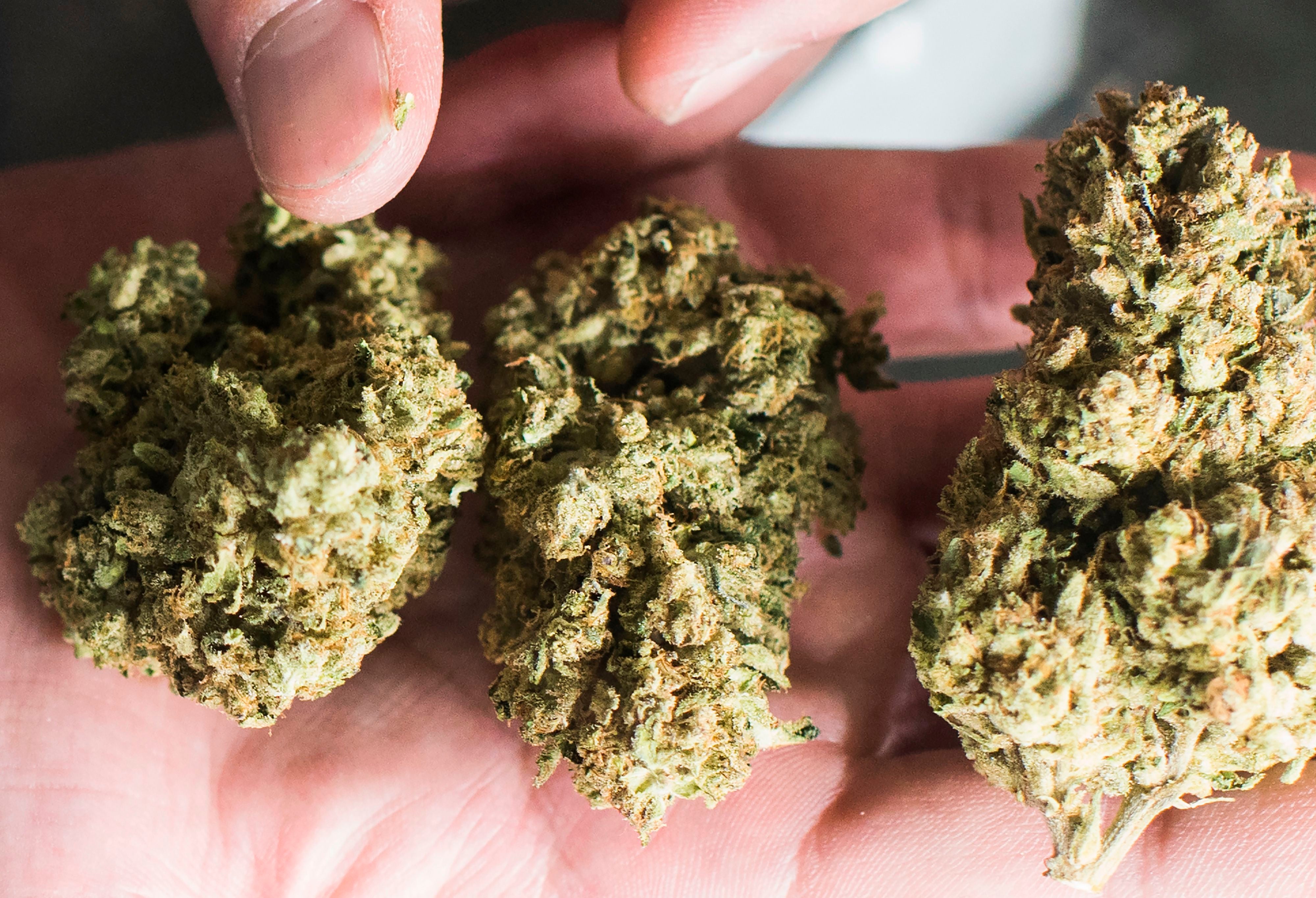It’s 420 – another reminder that Britain’s cannabis laws are not fit for purpose
We can learn from other countries who have legalised successfully


It’s high time we had a sensible conversation about cannabis reform. From Canada to Georgia, Mexico to Malta, countries around the world are changing their laws. But in the UK the substance continues to be banned. We are failing to keep up with global trends and new thinking.
In the UK, it is illegal to possess, grow, distribute, or sell cannabis, even though the drug poses no significant risk of death – in 2020, there were 36 deaths related to cannabis. Each death is a tragedy, but at a whole-population level, and in the context of overall consumption levels, this is not a dangerous substance – especially when compared to alcohol and tobacco.
Voters know the system isn’t working. A majority of Britons are now in favour of legalising cannabis. The illicit market is estimated to be worth £2bn a year – most of which currently goes to gangs. Meanwhile, users are criminalised and given life-changing criminal records, and offences felt disproportionately by ethnic minorities.
We should treat cannabis as a health problem rather than a criminal justice issue, regulate the market, and avoid a costly, futile “war on drugs”. There are now many examples the UK can learn from. My new research published today, by the Social Market Foundation, looks at some experiences abroad of cannabis reform, finding that liberalisation can bring a range of benefits.
Of all the regimes I studied, Uruguay’s state-controlled model of regulation stands out. By tightly controlling the production of cannabis and selling it in registered pharmacies, Uruguay has ended up with limited consumption of a safer product. The Uruguayan model leaves no room for either criminal gangs or profit-seeking companies, who both have a clear motive to push consumption higher. As such, it comes closest to finding the regulatory sweet spot behind hard prohibition and free-market commercialisation, following best public health practice and reducing harm.
There can be health benefits from cannabis liberalisation. Some countries have reduced cannabis consumption or maintained their previous rates. By adopting health-first approaches, countries have also created additional avenues for cannabis treatment and support.
In Spain, closer regulation of supply and distribution has allowed for safer cannabis to enter the market. Canada’s dedicated youth prevention programmes have resulted in decreased use among the Canadian youth.
To keep up to speed with all the latest opinions and comment, sign up to our free weekly Voices Dispatches newsletter by clicking here
There are criminal justice implications too. Reformist countries have been effective in reducing minor cannabis offences and making drug use safer. In Portugal, money saved on court cases for minor offences is being reinvested in treatment services.
Legalising cannabis has the added advantage of generating extra economic activity and tax revenues. Canada’s cannabis sector contributed equivalent to £26.4bn to its GDP within its first three years, and brought in £9.2bn worth of tax revenue.
The need for cannabis policy reform is clear. By learning from others, the UK could implement a modern framework of its own. One that that balances safeguarding public health, reducing criminal activity and delivering economic gain – all to benefit society.
That change can’t come soon enough – because Britain’s cannabis laws today are not fit for purpose.
Jake Shepherd is a researcher at the Social Market Foundation
Join our commenting forum
Join thought-provoking conversations, follow other Independent readers and see their replies
Comments
Bookmark popover
Removed from bookmarks